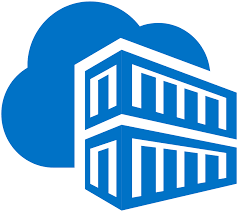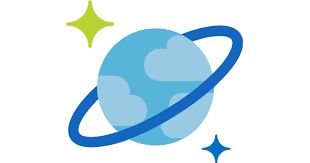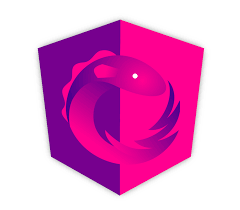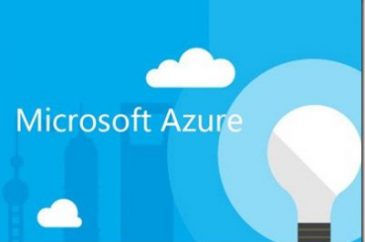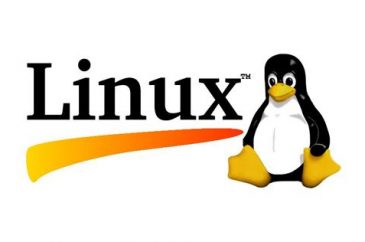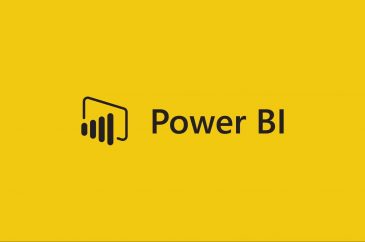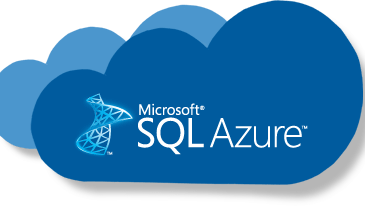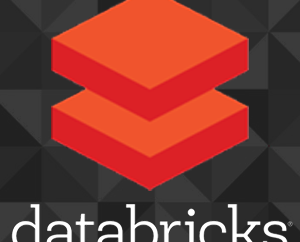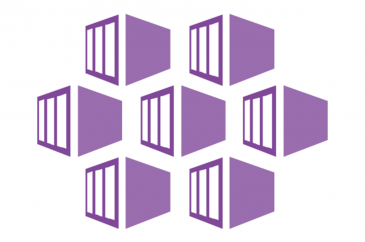
An Introduction to Azure Kubernetes Service (AKS)
Azure Kubernetes Service is Microsoft’s flagship offering for running containers on Azure. While Kubernetes itself is not too difficult to use, setting up a cluster can be daunting. Microsoft does the hard work for you by not only creating the cluster, but then manages it as well! In this webinar, we’ll help you get started…
